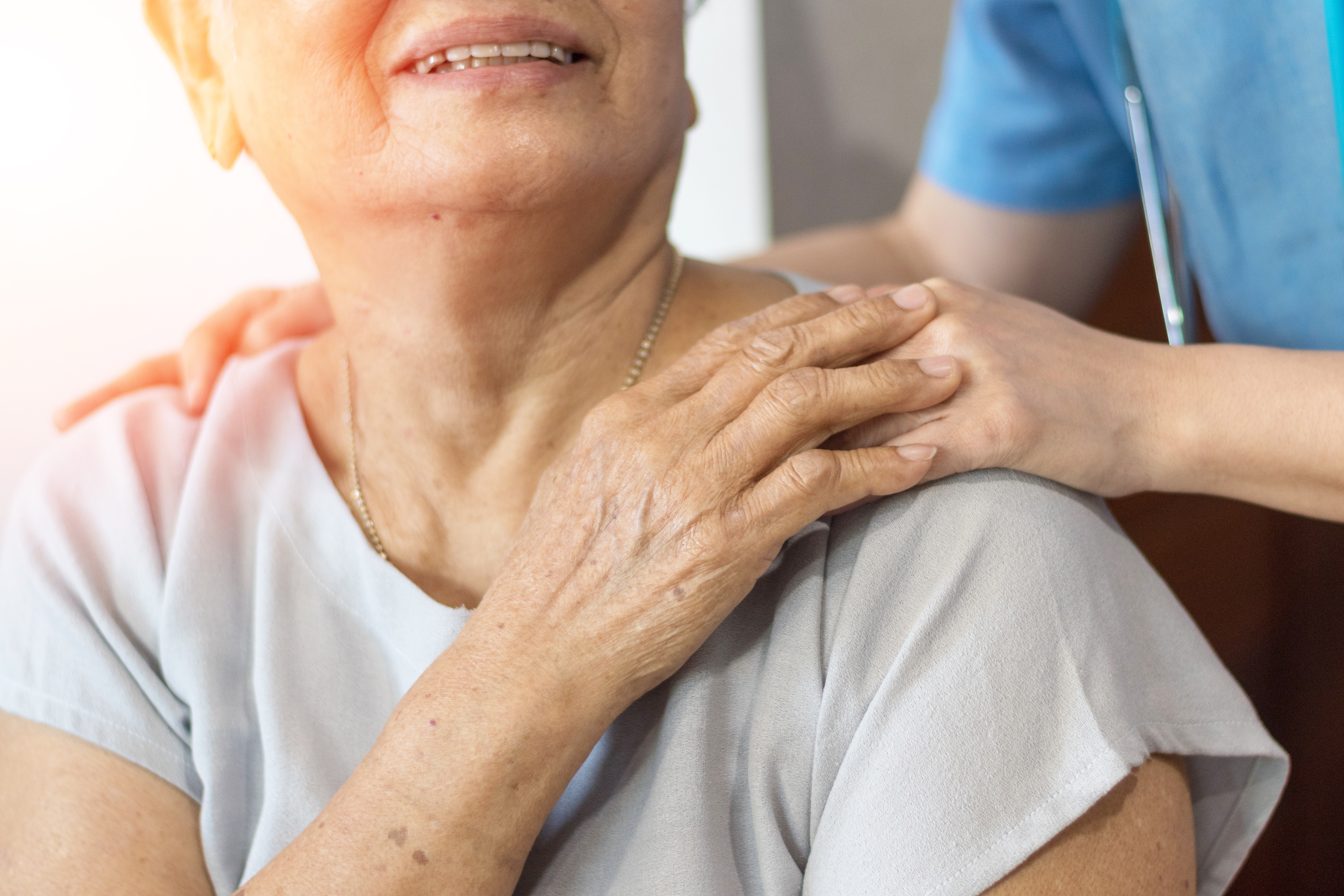Sadly, older people everywhere have been deprived of enjoyment of their fundamental human rights due to age discrimination.
The International Longevity Centre in Ottawa has embarked on a campaign to raise awareness of, and combat, ageism in Canada. It is not clear where the federal government stands. Shutterstock
In the mid-1880s, when English poet Robert Browning wrote the tender lines, “Grow old along with me, the best is yet to be” for his wife, Elizabeth, the average life expectancy in Victorian England was about 50 years. The upper classes might live longer, 57 years for Elizabeth and 77 years for Robert, but 50 years would be old for most.
The “deserving poor,” including those people too old or no longer fit to work, lived out their final days in poorhouses or workhouses grudgingly maintained as public charities. A similar philosophy and institutional model for sheltering the old and very poor was adopted by Canada and was in use well into the 20th century.
In Canada, in 2022, thanks to major advances in medicine, science and technology, the average life expectancy is about 82 years. Today, those who are no longer able to work and who lack independent means or family support may find themselves living in long-term care homes funded by government. These care homes can, and too often do, take away seniors’ autonomy and ignore their basic human rights. Since most of the older people in long-term care homes in Canada are women, the theme of this year’s UN International Day of Older Persons on Oct. 1 — the Resilience and Contributions of Older Women — was particularly appropriate.
The growing realization that advances in medicine and longer lifespans have not been accompanied by a recognition of the human dignity and worth of older people has also led to a multinational 21st-century demand for a UN convention that will specifically protect the human rights of older people. This proposed UN convention will be a legally binding instrument that directs governments to enforce the human rights of all older people, recognize and halt ongoing violations of their human rights, and stop government from passing any legislation that violates older people’s human rights.
The need for such a human rights convention was formally recognized by the UN at a multi-stakeholder meeting on the Human Rights of Older Persons, held in Geneva on Aug. 29 and 30 by the UN Office of the High Commissioner for Human Rights.
Speaking at that UN meeting, Canadian psychiatrist Dr. Kiran Rabheru, of the International Longevity Centre in Ottawa and Global Alliance for the Human Rights of Older Persons, noted: “The world has never seen such rapid growth of older people living unprecedently long and incredibly diverse, and non-homogeneous lives. Sadly, older people everywhere have been deprived of enjoyment of their fundamental human rights due to age discrimination. This requires prompt action by all stakeholders at every level including the Human Rights Council. … A major driving force behind age discrimination against older persons is ‘ageism.’ Defined as the way we think, feel, and behave toward them because of their age, ageism can be interpersonal, institutional, or self-directed, is largely unconscious, and socially accepted.”
The International Longevity Centre has now embarked on a campaign to raise awareness of, and combat, ageism in Canada. It is not clear where the federal government stands. It has now initiated a national survey to examine the depth and extent of ageism in Canada but has opted out of involvement in the UN process that will result in a legally binding convention on the Human Rights of Older Persons.
Leslie Gaudette is president of the Council of Senior Citizens’ Organizations of B.C.; Kathleen Jamieson is chair of the council’s health committee.

